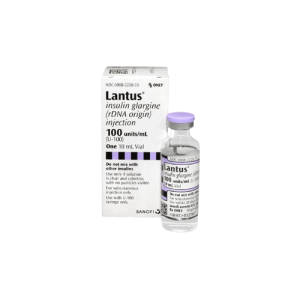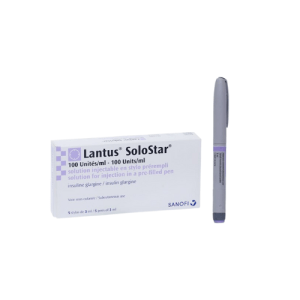Victoza side effects
Serious side effects of Victoza
As with any medication, Victoza comes with a list of potential side effects you may experience when you use it. Some of these side effects are serious, so if you suffer from any of the following symptoms it is important to tell your doctor or health care provider immediately:
- Thyroid tumors and thyroid cancer
In tests involving rats and mice, this medication was found to cause thyroid tumors and medullary thyroid carcinoma (MTC). Although there’s no evidence that this medication will lead to the same conditions in people, you should watch out for any swelling or lumps in your neck. If you become hoarse, or become short of breath, it could be a symptom of a problem with your thyroid.
If you or any of your family members have had MTC, or an endocrine system condition known as Multiple Endocrine Neoplasia Syndrome Type 2 (MEN 2), you should avoid using this medication.
- Inflammation of the pancreas (pancreatitis)
When taking this medication, you may suffer from stomach pain. The discomfort may extend to your back and cause vomiting. If the pain is sharp and does not go away, it could be a sign of an inflamed pancreas.
- Low blood sugar (hypoglycemia)
Sometimes when you take this medication alongside insulin or another diabetes drug, such as a sulfonylurea medication, your blood sugar level may drop too low. This is known as hypoglycemia. If this happens, you could become dizzy or lightheaded. You may experience blurred vision, headaches, increased heart rate, jittery or shaky feelings, mood changes like anxiety or irritability, slurred speech, hunger, confusion or drowsiness. If these side effects occur, it does not necessarily mean you cannot take this drug, but you should tell your doctor immediately. Your doctor may adjust your dose of Victoza, insulin or diabetes medication if you experience any of these side effects.
- Kidney problems (kidney failure)
Victoza may cause some diarrhea, nausea and vomiting. If these symptoms continue, they could cause a loss of fluids that may lead to dehydration. Dehydration is especially dangerous for people with existing kidney conditions, as it can lead to kidney failure.
- Severe allergic reactions
Some people may have a severe allergic reaction to this medication. If at any time you have trouble breathing, you develop a rash or itching, stop taking the medication right away and get emergency medical attention.
Common side effects
The most common negative effects include
- weight loss
- headaches
- nausea
- diarrhea
- vomiting.
In fact, since Victoza works to regulate blood sugar and suppress appetite, it has also been prescribed to some patients as a weight loss aid.
To manage the most common side effects, such as diarrhea and nausea, a diet rich in soft food is recommended. The best foods to eat are plain crackers, toast, rice and soup. Doctors also recommend staying upright after eating as well as getting lots of fresh air.
Although precautions should be taken, for many people with type 2 diabetes, the possible benefits associated with taking Victoza generally outweigh the risks.
Doctor’s Recommendation
It is the physician’s responsibility to ensure that a patient is a suitable candidate for a particular treatment. This involves confirming that there are no contraindications and that the patient meets the necessary indications for the medication. Serious side effects, such as the development of medullary thyroid carcinoma or acute pancreatitis, can often be avoided by taking a thorough medical history to rule out these conditions.
For more predictable side effects like nausea, there are effective strategies to minimize discomfort. Patients can benefit from eating smaller portions of food over an extended period and following a conservative dose escalation protocol.
Although rare, unpredictable, and non-dose-dependent adverse reactions can occur, they are impossible to foresee. If such reactions happen, the patient must discontinue the medication.
Overall, most individuals tolerate GLP-1 agonists well if they adhere to guidelines for gradual dose escalation and consume smaller food portions over longer durations.
Disclaimer: Please note that the contents of this community article are strictly for informational purposes and should not be considered as medical advice. This article, and other community articles, are not written or reviewed for medical validity by Canadian Insulin or its staff. All views and opinions expressed by the contributing authors are not endorsed by Canadian Insulin. Always consult a medical professional for medical advice, diagnosis, and treatment.















